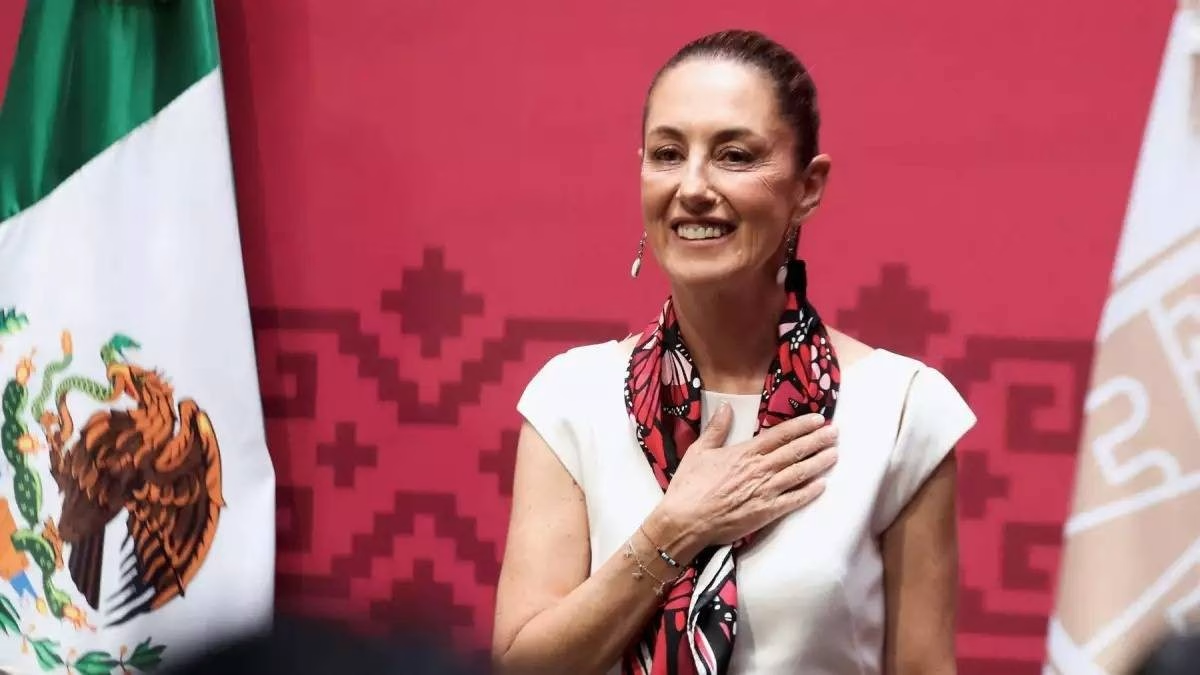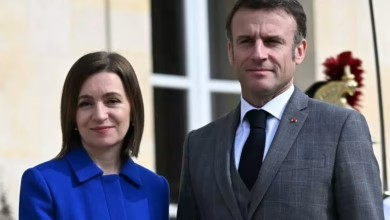Claudia Sheinbaum was inaugurated on Tuesday as Mexico’s first female president, stepping into office amidst challenges like gang violence and economic instability linked to her ruling party’s controversial reforms. The 62-year-old former mayor of Mexico City received a warm reception in Congress, where supporters cheered, “Long live Claudia! Long live Mexico!” Notable attendees included U.S. First Lady Jill Biden, who added to the significance of the event.
In her inaugural address, Sheinbaum marked the occasion as a historic moment, proclaiming that “women have arrived to shape the destiny of our beautiful nation.” She emphasized the urgent issue of violence against women in Mexico, where approximately 10 women or girls are murdered daily. Her presidency signifies a shift in a country that has seen 65 male presidents since its independence.
The inauguration coincided with a national holiday, prompting supporters to gather early to celebrate. Marta Ramirez, a housewife from León, expressed her enthusiasm, stating, “A woman president understands the people better.” This sentiment reflects the hopes of many citizens for a leader capable of addressing their concerns effectively.
Sheinbaum planned to join a celebration at Mexico City’s main square later that day, assuming leadership of the world’s most populous Spanish-speaking country, with a population of 129 million. Her presidency is expected to introduce new perspectives on the social and economic challenges facing Mexico.
Notably absent from the inauguration was Spanish King Felipe VI, whom Sheinbaum chose not to invite due to his failure to acknowledge the historical harm caused by colonization. This decision underscores her commitment to addressing historical injustices related to Mexico’s colonial past. In response, the Spanish government announced a boycott of the inauguration, reflecting the complex relationship between Spain and Mexico.
Despite this diplomatic tension, the inauguration proceeded with significant domestic support, highlighting its importance for many Mexicans. Sheinbaum’s presidency is seen as an opportunity for progress, especially in social justice and equality.
As Sheinbaum embarks on her term, she will navigate the ongoing issues of violence and insecurity, while also addressing the contentious debate over newly enacted judicial reforms. These reforms, which will make Mexico the only country to elect all judges by popular vote, have sparked protests from judicial workers concerned about potential political influence over the judiciary.
Inheriting the legacy of outgoing President Andrés Manuel López Obrador, who left with a 70% approval rating, Sheinbaum faces significant challenges, including a crisis of crime and violence. López Obrador’s controversial “hugs not bullets” strategy will continue under Sheinbaum, though experts anticipate she will refine this approach to incorporate intelligence-gathering methods for more effective governance.
Sheinbaum has reassured investors that their funds will remain secure and emphasized a commitment to responsible fiscal policy. As she begins her presidency, the dynamics between Mexico and the United States will be closely observed, particularly regarding immigration and trade, especially if Democrat Kamala Harris wins the upcoming U.S. election.
4o mini

